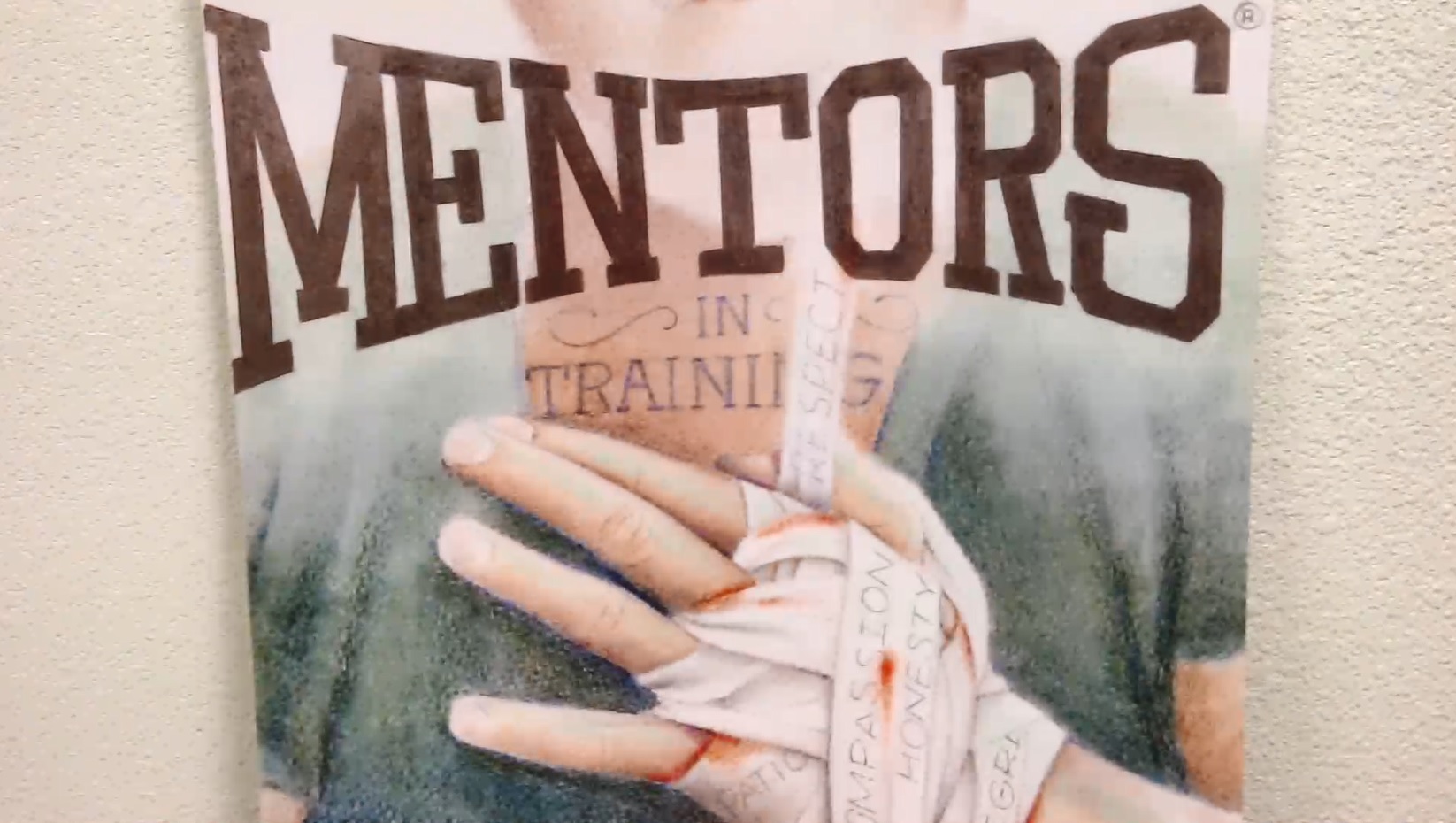Offender Mentor Certification Program offered at three prisons
Video by Terri Hardy and Ike Dodson
Office of Public and Employee Communications
Music by https://www.bensound.com
Within California’s prison system, is one of the most rigorous and competitive rehabilitation programs offered to incarcerated people.
The Offender Mentor Certification Program allows participants to provide valuable self-help facilitation within prisons.
Once released, program graduates use these valuable skills to find good-paying jobs. Graduates have gone on to manage substance abuse programs and other non-profits, get master’s degrees and work in community-based assistance programs.
CDCR offers the program at three of its prisons: California State Prison, Solano in Vacaville; Central California Women’s Facility in Chowchilla; and Valley State Prison.
Those selected for OMCP training program are first assigned as participants in a five-month SUDT program. This is followed by an additional five months of Alcohol and Other Drug (AOD) specific training such as law and ethics, group dynamics, pharmacology as well as neuroscience of behavior and thinking classes.
After the above has taken place, the OMCP recruits then take an AOD state certification exam. Upon achieving a passing score, they then participate in a closely monitored internship that consists of co-facilitation of SUDT and CBT programs.
Graduates may be eligible to earn up to four weeks of milestone credits and six months of education merit credits.
CDCR employees may watch the video below by clicking the “play” button.
Watch the YouTube video (may not play on a CDCR computer).
Transcript
Correctional Counselor III Kimberly Chu
We have an extremely low recidivism rate.
They are out in the communities, they are doing well – whether that be working with somebody in a methadone clinic, whether that be with at-risk youth, working in transitional housing programs – they are really being able to utilize that they learned through OMCP as not just a career but a job where they can give back.
OMCP is my favorite because I see the biggest results.
I think before when they applied for OMCP, they think that they have reached that “Ah Ha” moment and they have made their transformation, but they really haven’t. And when they get here they really turn into something different.
Blaine Bowker
The person I was back then was someone that was just so full of like anger and shame and just hatred and hurt.
I didn’t see myself living another five or 10 years. I was at a point where I was on a self-destructive path and I was OK with it. And to think now that I’m someone that people could call on for help is pretty amazing.
I just got my college degree and this feels even bigger than that. This is probably the biggest accomplishment of my life. Actually it is.
It goes out to the visiting room, like when you see people interacting with their families out there. There are some people that I never used to see get visits, but I see them a couple years later and I’ve noted their journeys as well as they’ve been working on themselves, and now I see them out there reconnecting with their families as well, and their kids are coming back around.
You can feel that atmosphere has been changing, and I think it all really starts with programs like this that get people to change themselves first, and it has an effect that ripples outward.
Luis Berumen
My brother is going to come visit me in the graduation. It’s been nine years since I’ve seen him. I think it’s going to mean everything. This is my twin brother.
